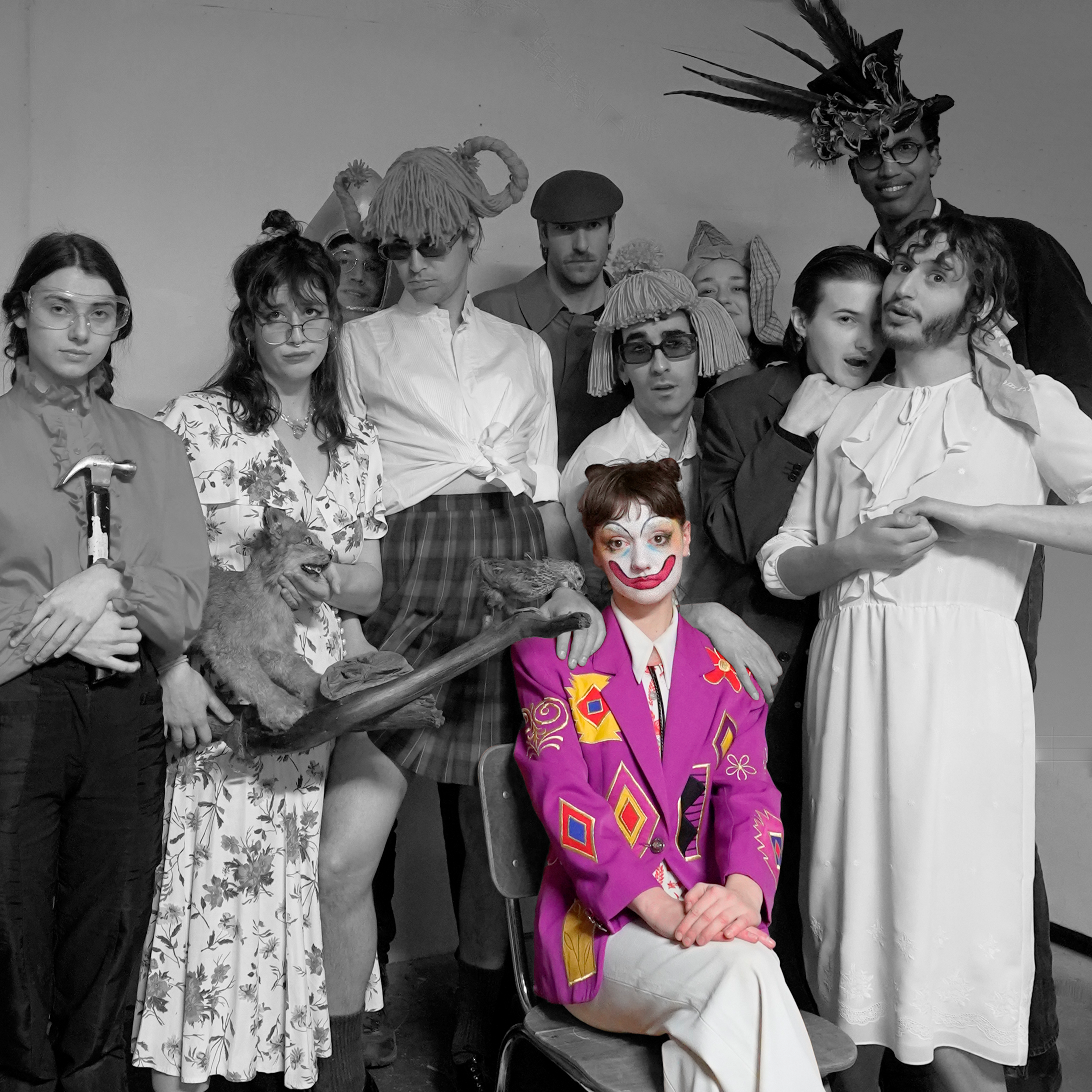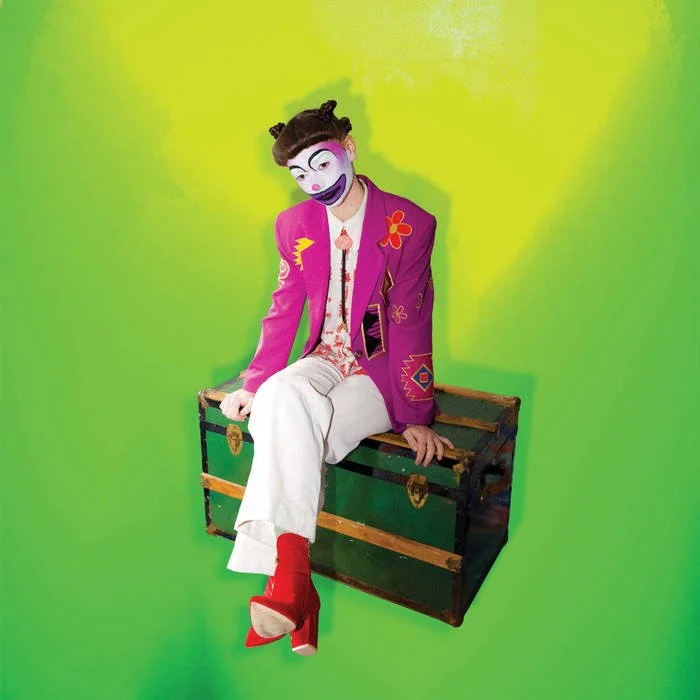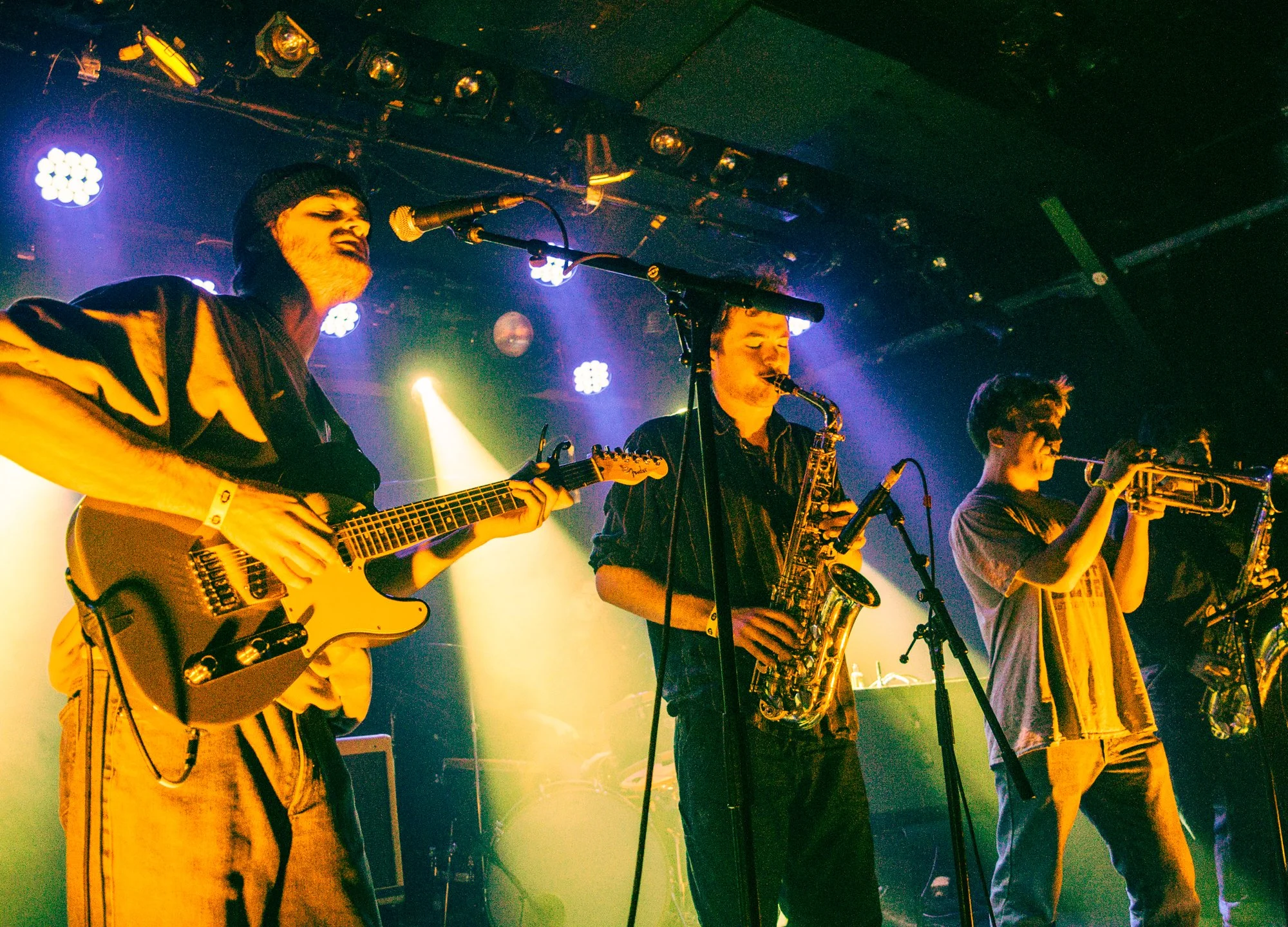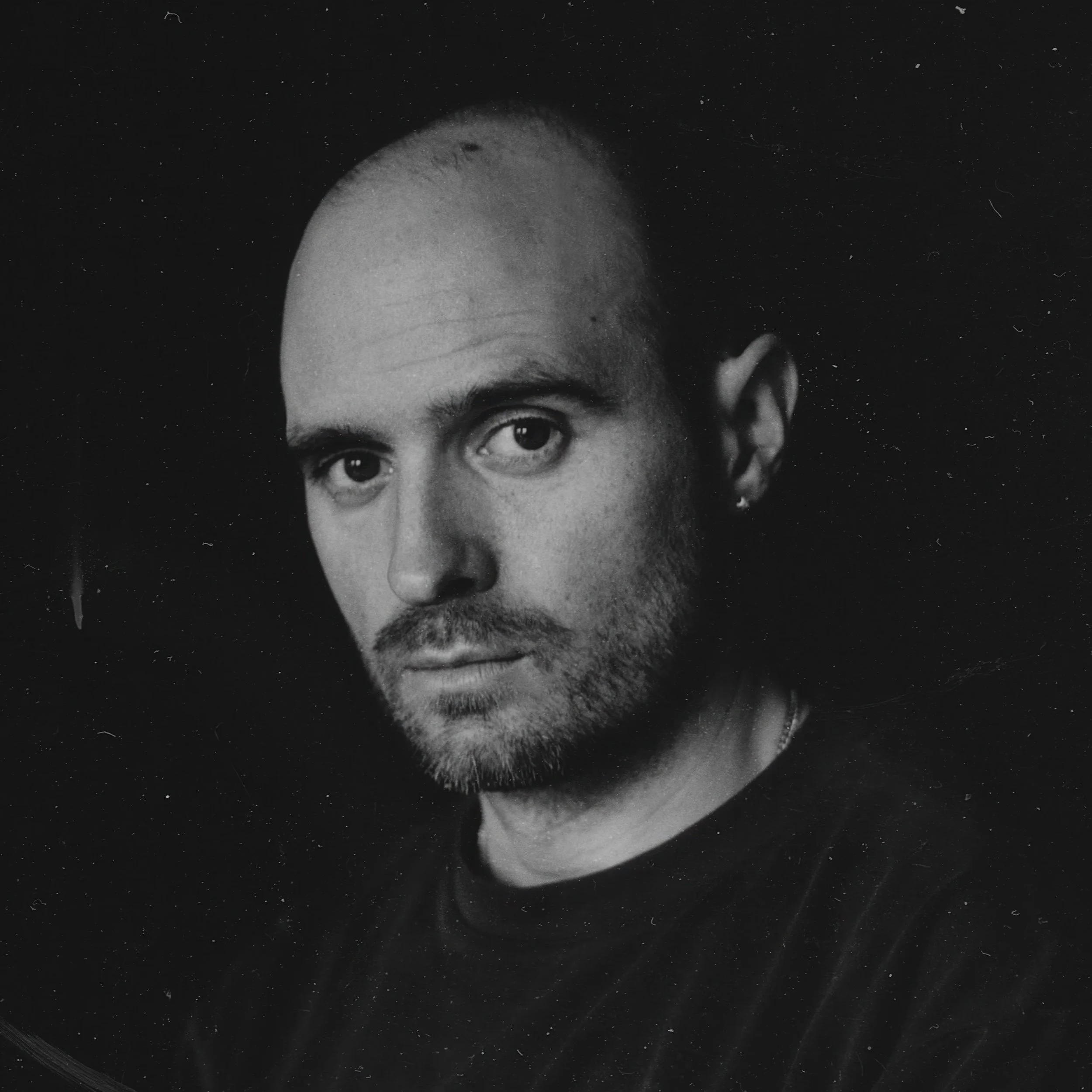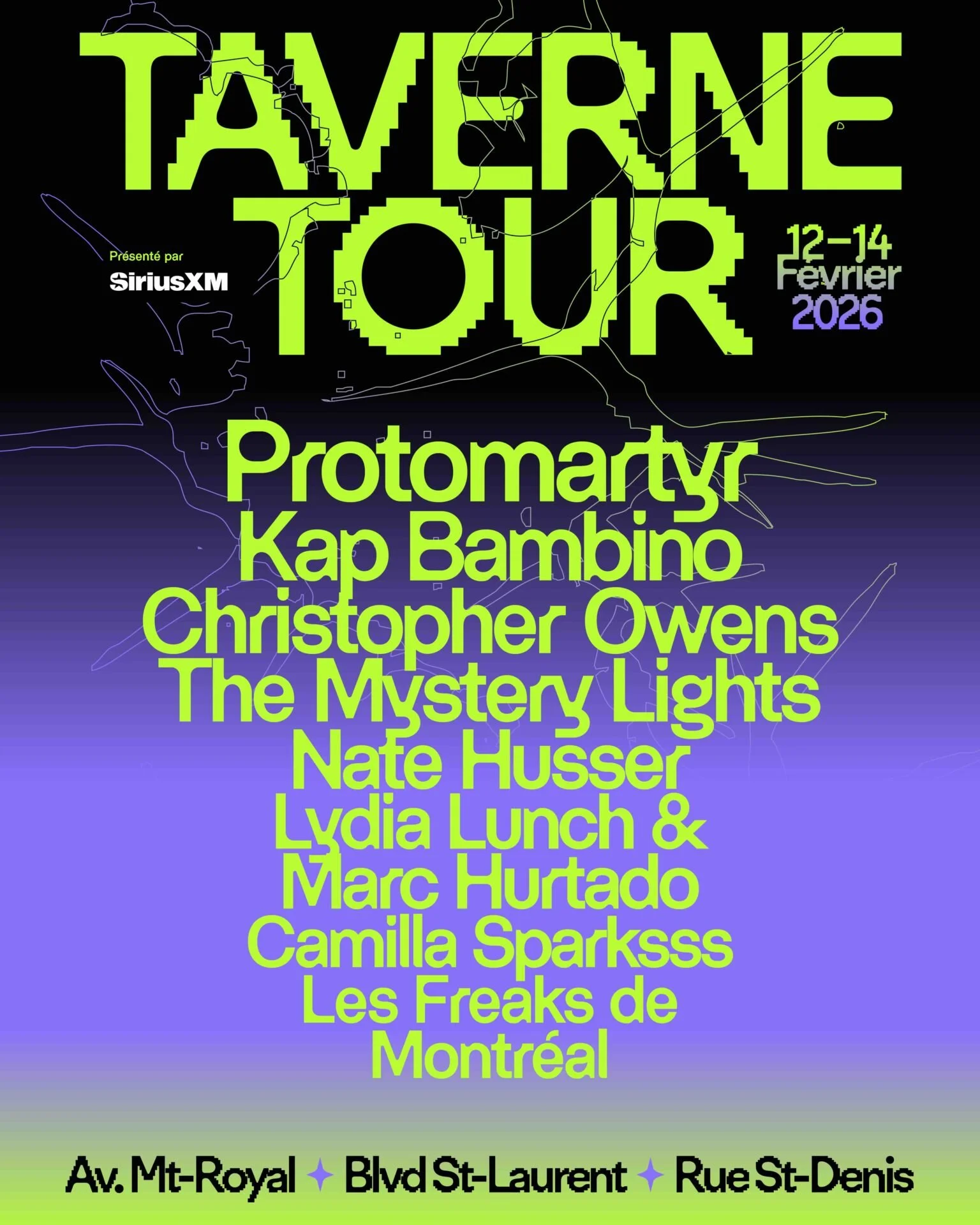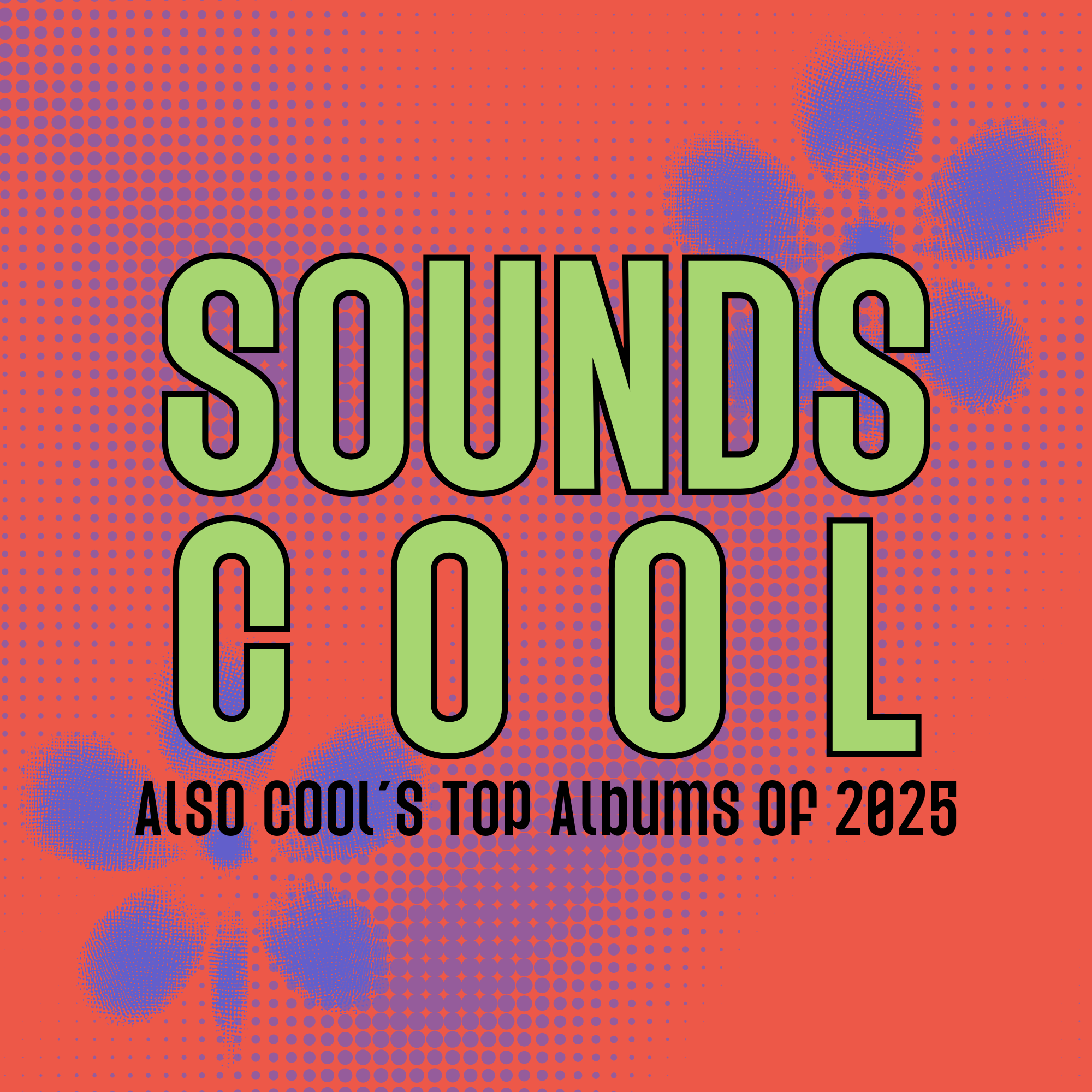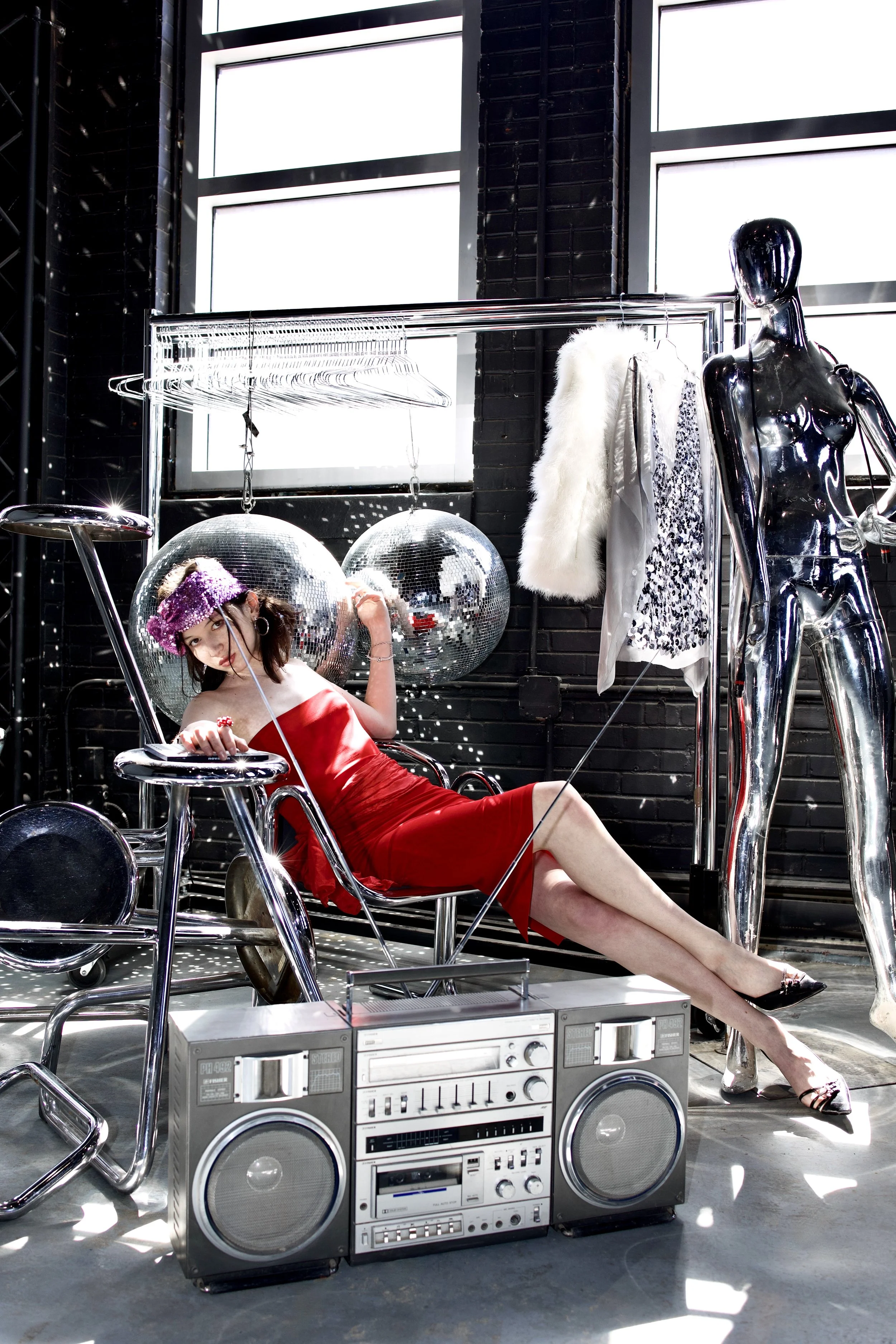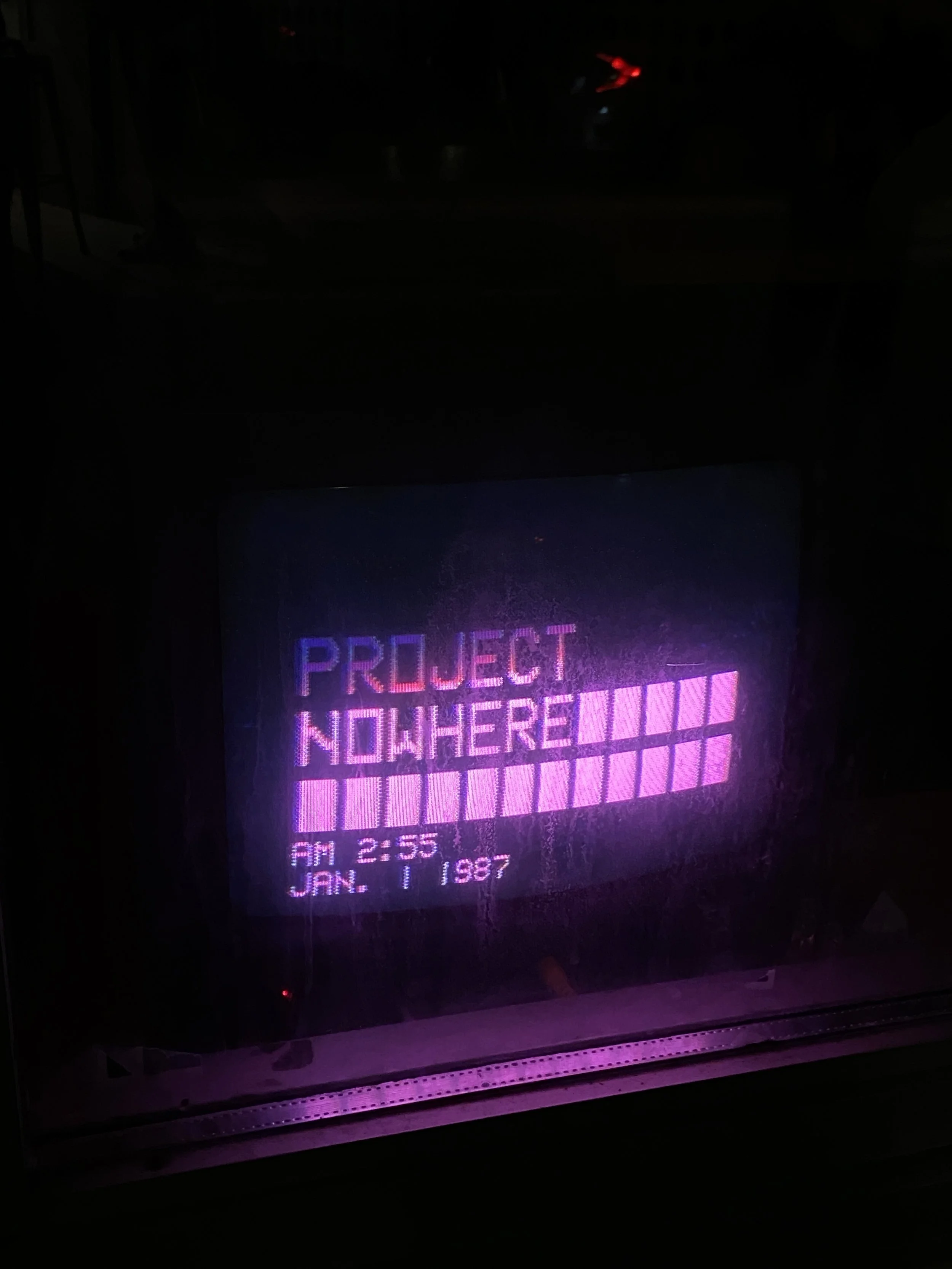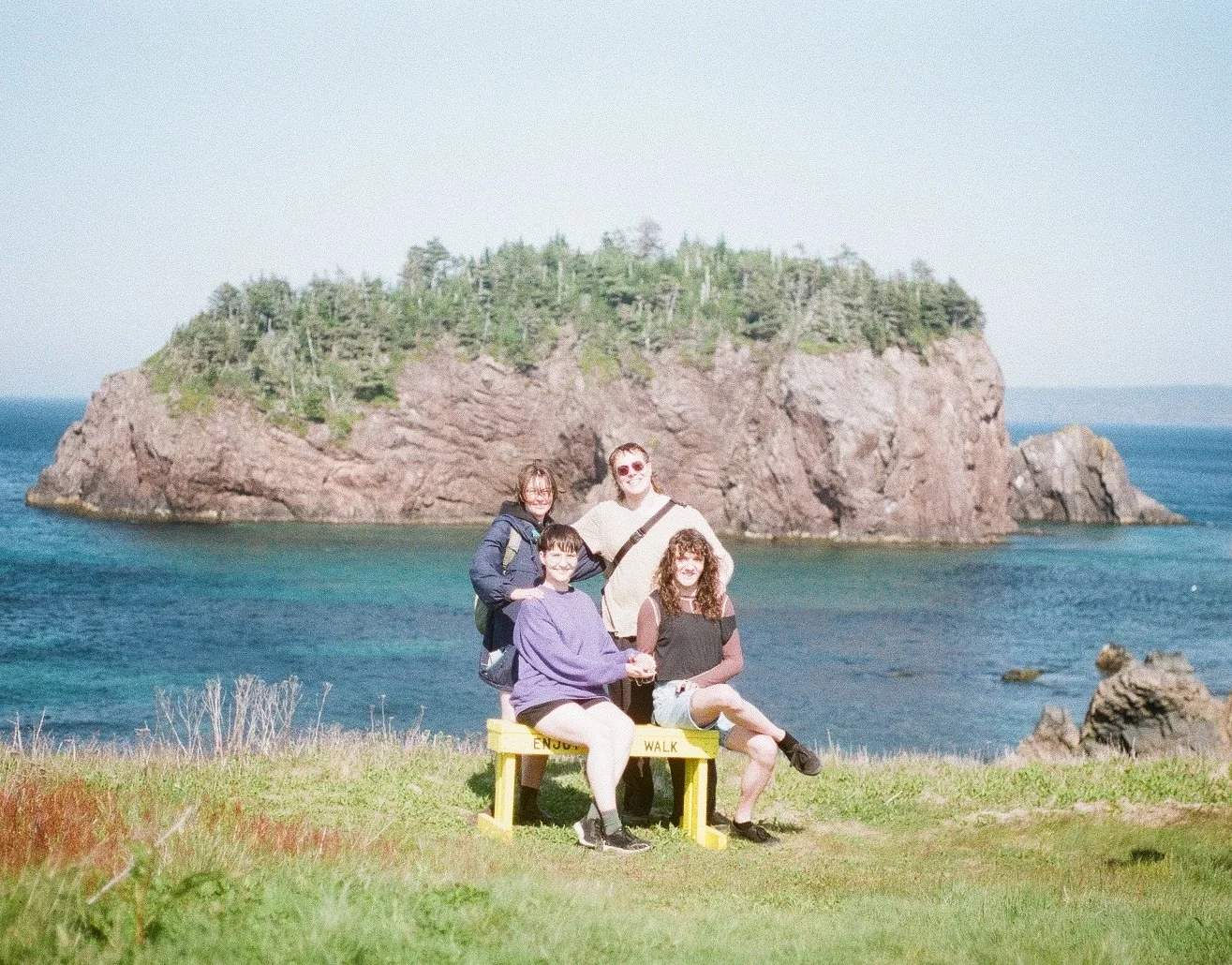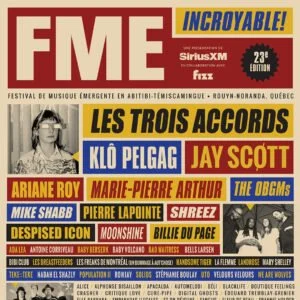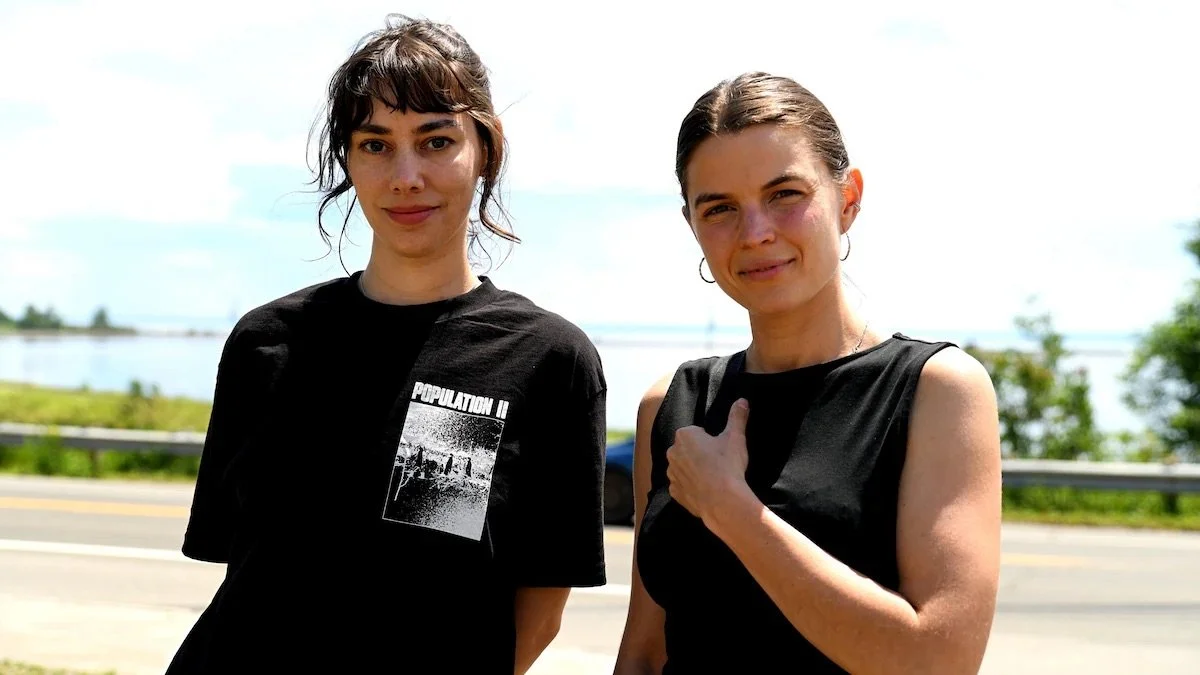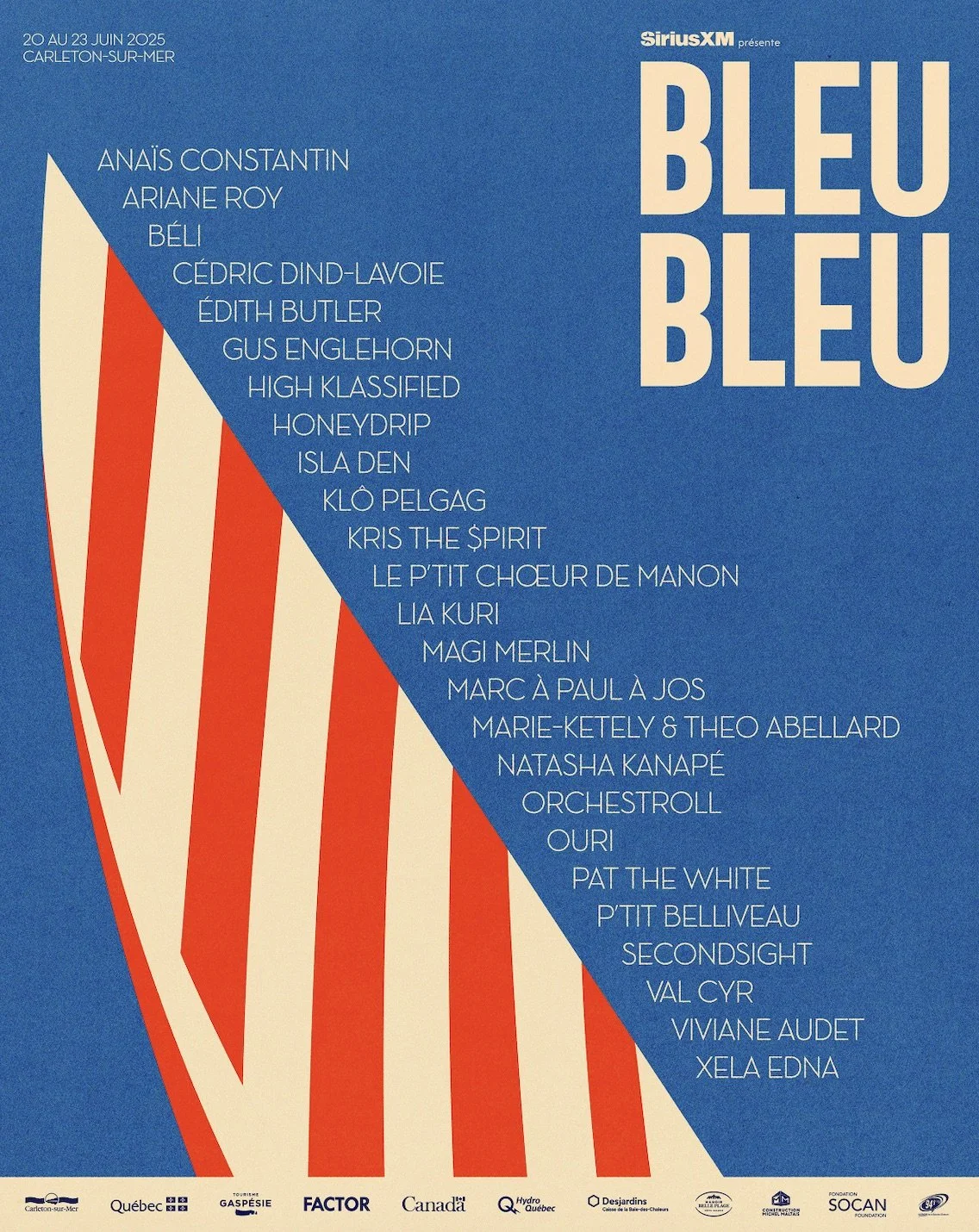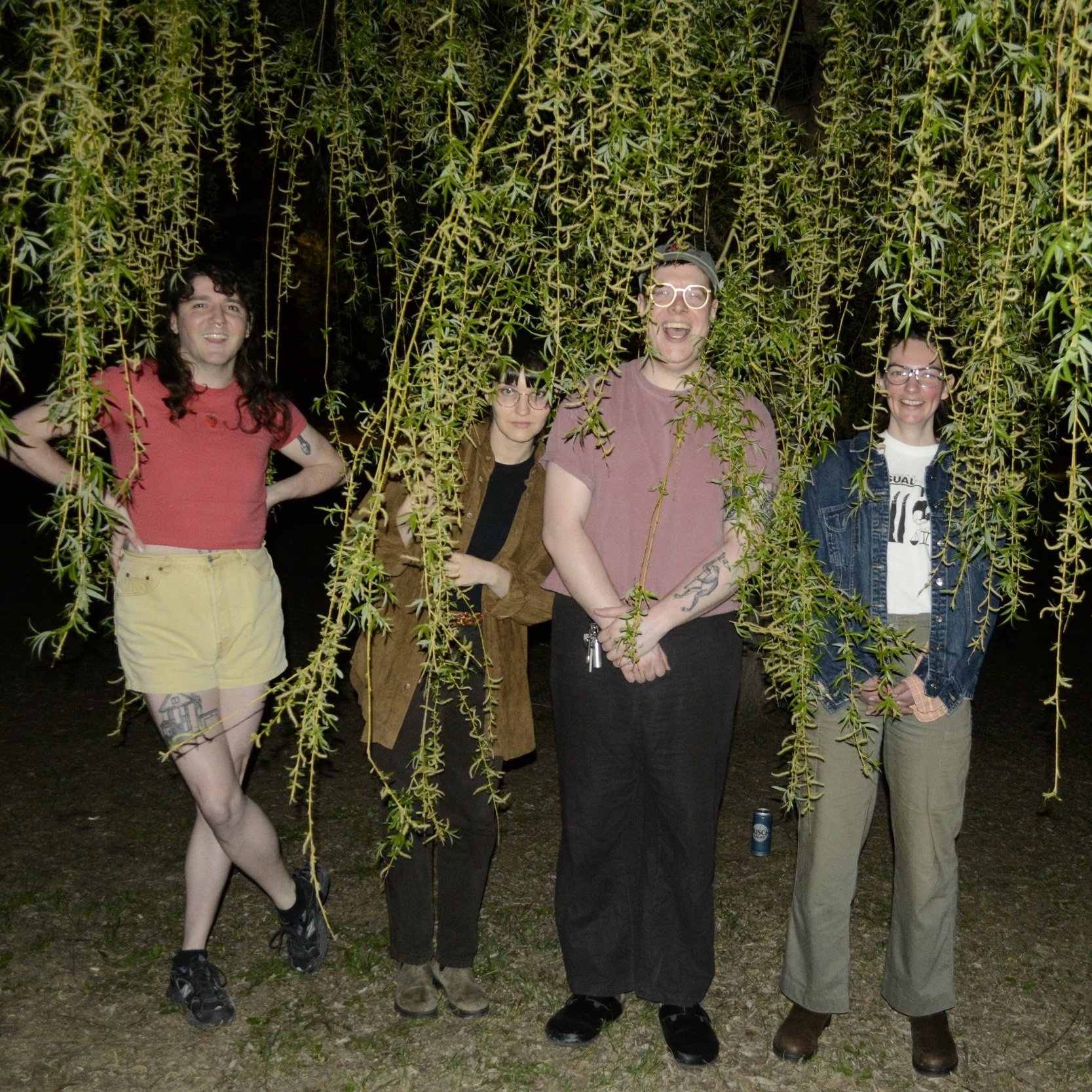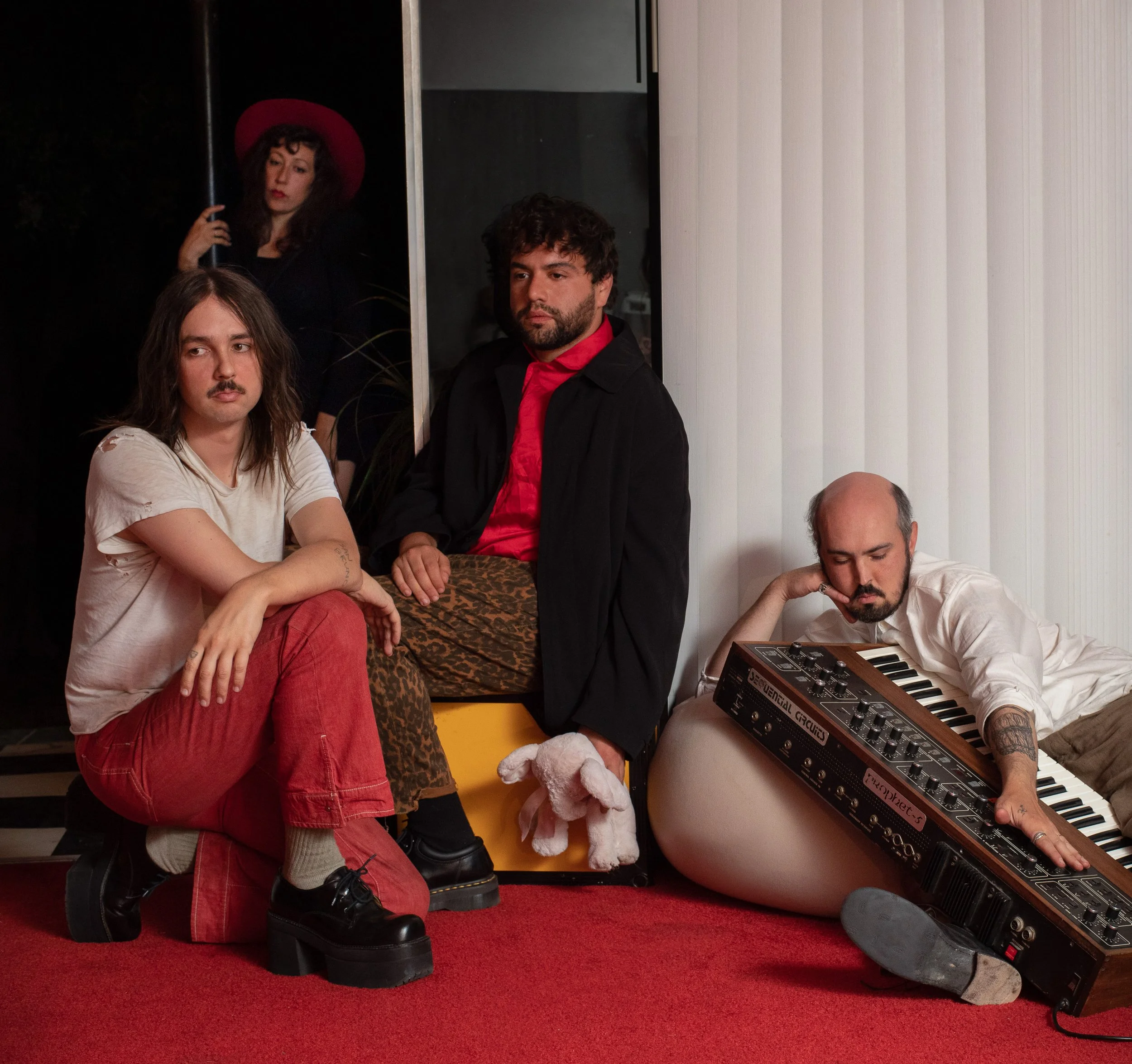Nora Kelly Talks Touring, Overcoming People-Pleasing and the Punk-Country Influences in “Rodeo Clown"
Nora Kelly by Gabie Che
“I think one of the reasons people are kind of creeped out by clowns is because they’re always presenting the emotion of their painted face, [so] you don’t really know what’s going on underneath,” says Nora Kelly, lead of Montreal’s Nora Kelly Band. “Maybe they’re feeling something completely different.”
This idea is at the core of the band’s newly released record Rodeo Clown, an album that blends folk, punk and country influences and delves into themes like breaking out of people pleasing. “A lot of Rodeo Clown’s material is leaning into tongue-in-cheek absurdist role-playing,” Nora says, with herself as the clown.
The ten-track album is the band’s first full-length release, with songs blending punk elements with folk and country-inspired storytelling.
“When COVID-19 hit, I think we all went through introspective times in our lives, and that was an area of growth for me. To start being more honest to people around me,” she says.
“I would be in a lot of uncomfortable situations and go along with it, feeling a lot of pressure to be nice all the time and not really set boundaries. Then I would get overwhelmed.”
Songs like “Lay Down Girl” and the accompanying video embody this theme, with Nora walking around as a “manically energetic, people-pleaser” clown, running into a vampire (the energy-sucker who always asks things of you) and other characters you’re likely to recognize (in more ways than one).
“It’s a song about not being the life of the party for everyone else,” she says. “If you’re going to do it, do it for yourself.” A clown, an “evil hoarder obsessed with material possessions”, and a “horse girl-city slicker” are among the characters she possesses throughout this album (Roswell aliens even make an appearance) as she explores this path of self-discovery.
The Nora Kelly Band was created in 2020, amid COVID shutdowns that forced Nora’s post-punk band with drummer Ethan Soil called DISHPIT to take a break. During that time, they would frequent an outdoor area near a skate park and train tracks in Montreal’s Mile End, where local musicians would meet and play country covers. It’s there the two bonded with Rachel Silverstein, Vader Ryderwood, Dylan Keating, and Ellie MacPhee, with the six of them going on to form the band.
“The friendship dynamic was strong, so we naturally moved into that,” Nora says. “Now we’ve been playing together for two years, and we’re working on our next album. It’s cool to see it grow up this way… and now we’re on tour together, doing laundry together.”
They started recording their first EP Perfect Pig at their apartment and finished the album at the Autoland Audio recording studio in Montreal, owned by Richard Reed Parry of Arcade Fire.
Beyond the music, Nora is also a painter who leans into that art form to unwind. “The two practices are really opposite for me,” she says. “Music is a really collaborative thing. When I write songs, I write them alone, but I write them quickly. Then there’s a lot of workshopping with the group. With art, it’s completely independent, and I'm in control and I can start and stop when I want. I do it late at night and get in touch with myself, then I do music during the day with the band on the weekend, and it’s my little social tasty treat.”
“Horse Girl” single art
While music provides Nora with an opportunity to “really get something out,” painting is an opportunity to step back. “As much as I'm a social person, I need to recharge… like a lot,” Nora says, mentioning how she leans into painting and drawing to decompress. “Music is this chaos energy, a vessel for me to channel my intense energy as a person in a healthy way.”
When it came to creating Rodeo Clown, Nora went in an entirely new direction: “Musically, I wanted to move away from the stripped-down punk band thing, recording live off the floor with three instruments.” Rodeo Clown features a diverse catalogue of instruments, including the banjo, fiddle and pedal steel.
Nora cites artists that are “musically diverse with different voices coming in and out” as inspiration for their record, including The Band, Neil Young, Big Thief and Songs: Ohia's The Magnolia Electric Co.
Country influences also make their way throughout Rodeo Clown. Although Nora started out playing in punk bands, she was all the while writing “folky songs that didn’t fit with that band”, only bringing them out every once in a while on camping trips. “Deja Vu”, appearing halfway through Rodeo Clown, is one of these songs, and the first one Nora wrote at 16.
“I really love country music,” Nora says, ”but when I was a teenager, I would say I liked every genre except it. My parents love country music. They’re both from the US and played it a lot. My brother and I would scream when they put on Hank Williams III,” she laughs. “But as I got older, I really came to appreciate a lot of the humour in the lyrics. It does have this outlaw sensibility if you’re listening to the right people.”
Songs like “Horse Girl”, “Roswell” and “Purgatory Motel”—which pleads “Though I’ve been good please don’t send me to Heaven / All of my friends are down in Hell”—lean most heavily into the folk and country influences. They poke fun at classic country tropes (“boys like trucks”) while adding in earnest musings and the aforementioned mix of instruments.
“‘Horse Girl’ is a funny and kind-of meta song about being a city slicker who is pretending to be a cowboy…which really is our band,” Nora says. “Elie is from South Carolina and plays fiddle, and Dylan is from Alberta and plays pedal steel, so they are pretty legit, but the rest of us are from Vancouver or Toronto and grew up in the city. We like country music a lot, but we don’t have a lot of the classic childhood stories that a real ‘country-living’ person would have.” She laughs. “The song is us calling ourselves out a little.”
Discussing the unlikely similarities between punk and country, Nora says they’re both simple. “Country is just a few chords, and punk is just a few chords,” she says, “and they both have a fuck you attitude. A lot of badass heroes to look up to, who were living differently for other people. But there are also a lot of people who give each genre a bad rap,” she adds.
Songs like “Tonka”—which closes out the record—feature raw vocals, leaning into many of the band members’ punk roots while blending other influences.
“The nice thing about country music is it's a genre a lot of people can connect to, like little kids and older people. While punk is one of my favourite things to walk around and listen to on my headphones—it stirs me up like no other genre—country has a wider demographic that comes out to the shows.”
Nora Kelly Band by Gabie Che
The band recently wrapped up their first tour, making their way through the US’ East Coast – Nora was reporting from Brooklyn at the time of this interview. “It’s my first time seeing DC and Philadelphia (a city I’ve always wanted to visit), and we were in Buffalo and played a cute queer house show venue and people danced a lot.”
“We were having a lot of touching moments,” she mentions, citing “playing at a place that used to be a mausoleum where dead bodies were kept in Philly” and “drinking a PBR at night at the feet of Abraham Lincoln’s statue (and subsequently getting kicked out by security)” among highlights. “We're just running around having a good time,” she says.
“The shows are really fun, but being on tour for the first time is really socially demanding. I really respect everyone who stays on the road for months and months. It really is a grind.” she adds.
Fittingly, Rodeo Clown’s recent launch was celebrated with a Montreal show featuring Nora wearing the album’s signature makeup on stage for the first time. The band is currently halfway through writing their next record. This next album will not feature the clown motif, but listeners can expect new themes. “I feel like I should have been a theater kid, but I wasn't,” she laughs. “I love the performative aspect of music.”
Rodeo Clown is out now. Listen to the new record here.
Rodeo Clown
released August 25, 2023 via Mint Records
1. Mmm-Delicious
2. Lay Down Girl
3. Catch a Bone
4. Horse Girl
5. Heartbroken Over a Man
6. Deja Vu
7. Purgatory Motel
8. Rodeo Clown
9. Roswell
10. Tonka
Nora Kelly – lead vocals, guitar, banjo (10), dick flute (8)
Rachel Silverstein – keyboards, harmonies
Vader Ryderwood – bass guitar, backup vocals (2, 4, 5, 7)
Ethan Soil – drums, percussion, guitar (4,7)
Dylan Keating – pedal steel
Ellie McPhee - violin (1, 8, 9, 10)
Gabie Allain – violin (3)
Michael Feurstack – pedal steel (5)
Eric “Creature” Campbell – banjo (2)
All songs written and performed by Nora Kelly Band
Produced by Nora Kelly and Ethan Soil
Mixed by Pietro Amato
Engineered by Pietro Amato, Matt Rogers & Ethan Soil
Recorded at Skybarn, Autoland & Croc Studios
Mastered by Harris Newman
Album art photography by Gabie Allain
Album art make-up by Neve Kerry
Album art design by Owen Ostrowski
Nora Kelly Band
Instagram | Spotify | Bandcamp
Valerie Boucher is a writer based in Ottawa, Canada. You can follow her on Instagram and learn more at valerieboucher.ca.



